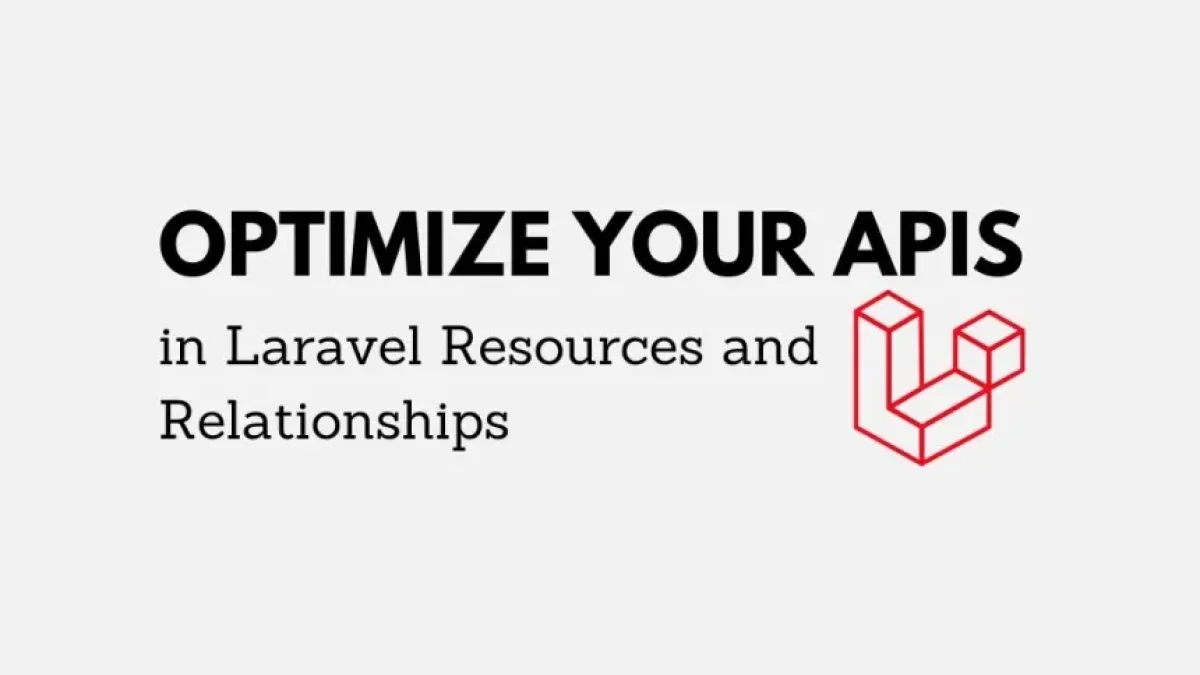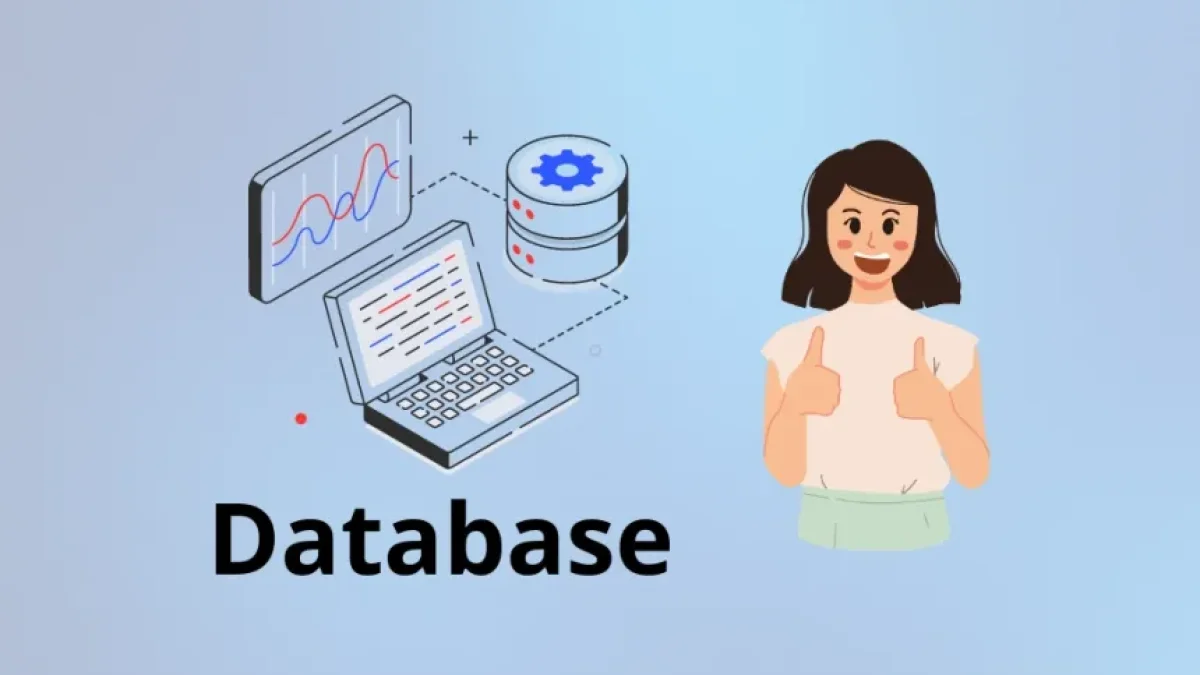Advanced Laravel Concepts for Senior Developers


In the world of web development, Laravel has established itself as one of the most widely used frameworks for building robust and scalable applications. This article focuses on advanced concepts of Laravel, offering senior developers a practical guide to enhance their understanding and skills. Below, we will explore key topics that every experienced developer should master.
Project Architecture and Structure
Laravel follows the MVC (Model-View-Controller) design pattern, which allows for a clear separation of concerns within the application. It is crucial to understand how Laravel organizes its folders and files, as well as the role of each:
- Model: Handles business logic and database interaction.
- View: Controls how information is presented to the user.
- Controller: Acts as an intermediary between the model and the view, processing requests and returning appropriate responses.
By mastering the project structure, developers can implement more complex design patterns, facilitating the scalability and maintainability of applications.
Dependency Injection and Service Container
One of the most powerful features of Laravel is its service container, which provides an efficient way to manage class dependencies. Developers should familiarize themselves with the concept of dependency injection, which allows classes to receive their dependencies automatically through the constructor or specific methods. This not only improves code flexibility but also promotes better organization of services within the application.
Read also
Middleware and Route Protection
Using middleware is essential for handling logic that should be executed before or after HTTP requests. This includes tasks such as authentication, authorization, and filtering. Senior developers should be able to create their own middleware, allowing them to implement specific rules to protect routes and resources of the application, thereby ensuring data security and integrity.
Eloquent ORM and Relationships between Models
Eloquent is Laravel's ORM (Object-Relational Mapping) that facilitates interaction with databases. Understanding how relationships between models work is crucial for efficient data manipulation. The most common types of relationships include:
- One to One
- One to Many
- Many to Many
Developers should leverage these relationships to reduce the complexity of SQL queries, allowing for cleaner and more readable handling of information.
Read also
Automated Testing
Testing is an integral part of software development. Laravel provides a set of tools to facilitate functional, unit, and integration testing. Senior developers should master these tools to ensure that the code is reliable and behaves as expected. By implementing automated tests, the risk of failures in production is minimized, allowing for better management of the software lifecycle.
Queues and Jobs
Processing tasks in the background is essential for enhancing user experience and application performance. Laravel provides an intuitive interface for managing queues and jobs, allowing developers to execute resource-intensive tasks in the background, such as sending emails or generating reports. This approach not only increases application efficiency but also helps to free up resources during critical operations.
Conclusion
Advanced concepts of Laravel are fundamental for any senior developer wishing to stand out in the field of web development. With a thorough understanding and application of these concepts, creating more robust and scalable applications becomes easier.
I invite you to read more news of this kind on my blog, where you will find relevant content to continue broadening your knowledge in web development and beyond.



















